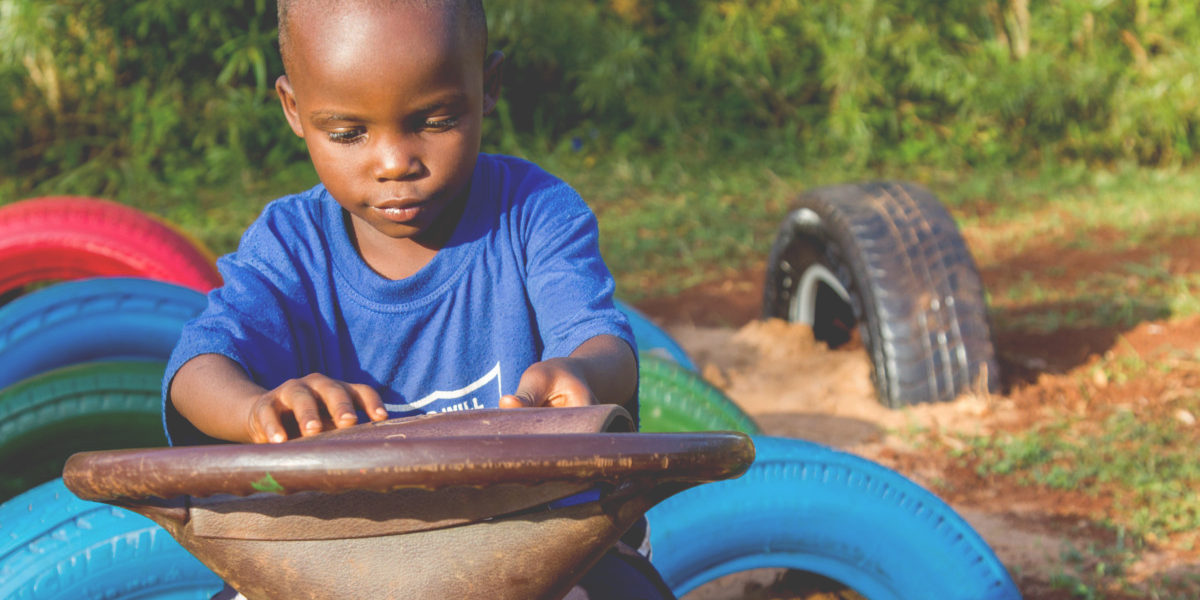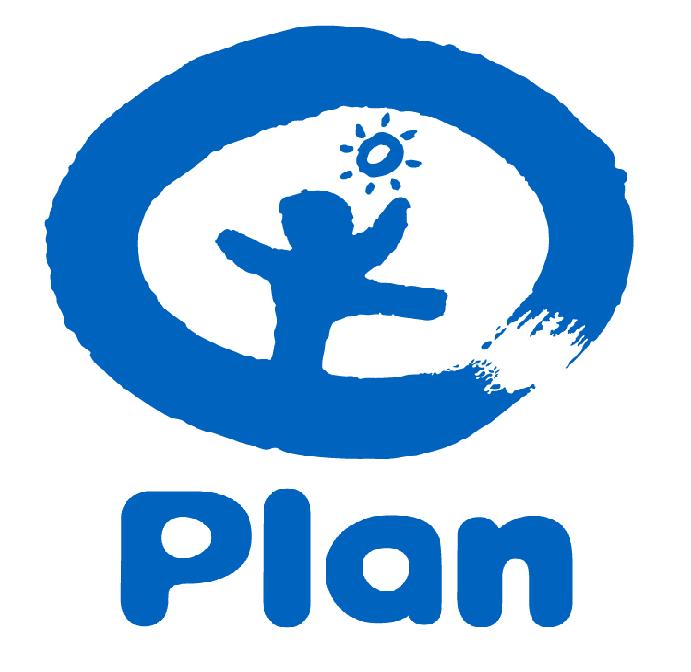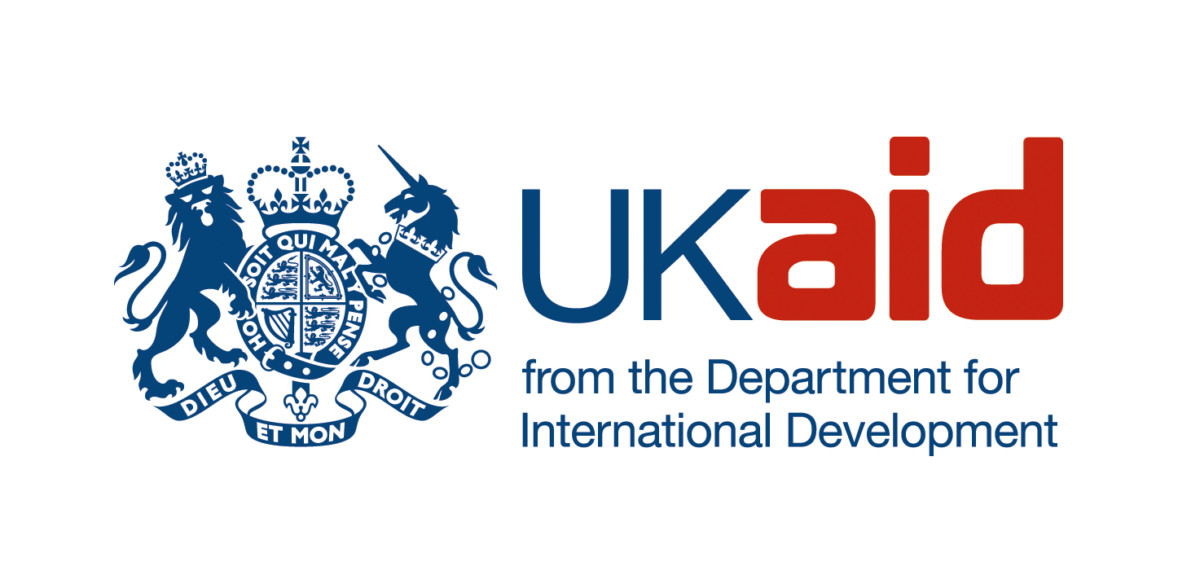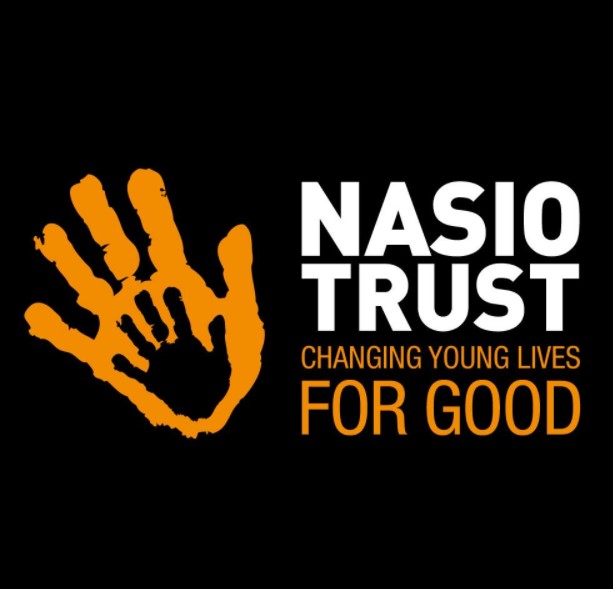Learning
Many people assume that play is a frivolous activity, yet play-based learning is a hugely effective and sustainable approach to education:
“Play is serious business for the development of young learners. When well designed, a (play-based) approach taps into children’s individual interests, draws out their emerging capacities, and responds to their sense of inquiry and exploration of the world around them. It generates highly motivated children enjoying an environment where the learning outcomes of a curriculum are more likely to be achieved.” (Pascel, 2009).
Play provides children with a rich context for learning, through which they can make sense of their world. During play children try new things, solve problems, invent, create, test ideas, explore and discover. Play-based learning has been shown to improve a child’s IQ and help them develop a wide range of skills – such as problem solving, language development and social skills – that support academic achievement. Incorporating play in education, especially in environments where educational resources are limited, helps children consolidate, retain and apply knowledge, rather than just absorb information.
Indeed, evidence from our own Educational Play Programmes shows that play-based learning improves academic performance, improves behaviour, reduces drop-outs AND increases attendance. This is a cost-effective, sustainable solution with a far reaching impact. This is why so much of our work is focused on building the capacity of teachers to enhance their teaching through the greater use of play methods in their classrooms.












